$DAX $DJI $BTC
#DonaldTrump #TrumpAdministration #BusinessLeadership #GermanBusiness #StockMarket #EconomicPolicy #USGermanyRelations #GlobalTrade #BusinessImpact #MarketResponse #CorporateLeadership #EconomicForecast
Joe Kaeser, former CEO of Siemens, recently reflected on his dealings with the Trump administration, characterized by its keen engagement with the business community. Kaeser, who now serves on the board of major companies and has long been active in the European business world, noted that the administration’s openness to corporate concerns was one of its defining features. He recounted that decision-makers in the White House were highly accessible and responsive regarding issues that affected both domestic and international markets. At a time when the European and U.S. economies were navigating uncertain terrains, Kaeser’s perspective provides some insight into the cooperation between global corporate leaders and U.S. policymaking during Trump’s tenure.
Analyzing the financial implications of such a cooperative relationship between government and business, particularly in the context of a highly pro-business administration, it’s evident that positive economic data—ranging from tax cuts to deregulation—played a significant role in boosting investor confidence during Trump’s first term. When combined with strategic international relationships, such as those between U.S. and German economies, several sectors—including industrials and technology stocks like those found in Germany’s $DAX or the U.S. $DJI indices—benefited. Kaeser’s endorsement of the cooperative nature between economic powerhouses reflects the broader global trade policy under Trump, which, while often criticized for certain tariffs and trade wars, did present unique opportunities for multinational corporations to leverage favorable policies.
Looking ahead, the uncertainty of a potential Trump return to the Oval Office leaves the market guessing. As Kaeser himself remarked, it remains to be seen what a second Trump administration could mean for global trade dynamics, but speculation is already circulating. Key sectors such as energy, financials, and technology could react sharply, and global companies with significant reliance on stable trade relations—such as Siemens in Germany—are keeping a close eye on both political developments in the U.S. and shifts within emerging markets. Notably, any future economic policy under Trump might once again slant heavily towards deregulation, but tensions could arise from protectionist rhetoric. A return to divisive issues like tariffs could weigh heavily on multinational businesses, especially those dependent on international supply chains.
It is also important for traders, investors, and analysts to watch correlations with other influential assets such as cryptocurrency. Under the Trump administration, the regulatory landscape for financial markets evolved significantly, but cryptocurrencies like $BTC experienced only indirect headwinds or tailwinds, making it a frontier to watch. Should policy trends under future leadership continue leaning toward deregulation or fostering pro-business environments, it could spark increased volatility and opportunities in both traditional equities and alternative digital assets. From a market perspective, Kaeser’s remarks offer valuable clues, aligning the business world’s expectations with potential shifts in the economic and trade landscape moving forward.
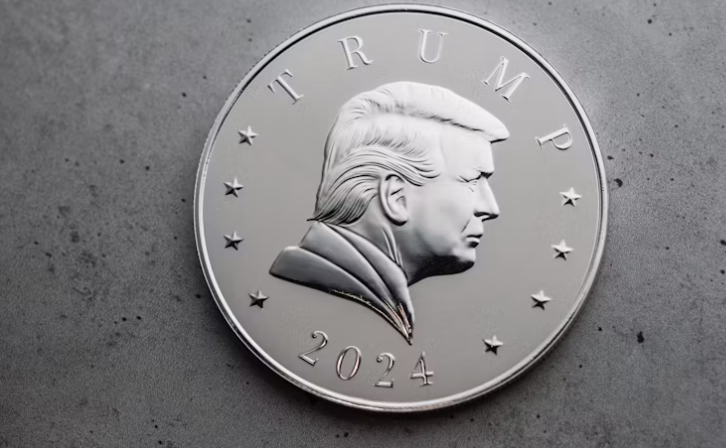
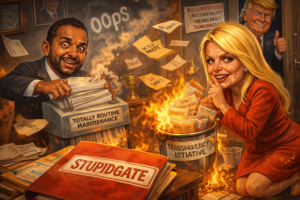
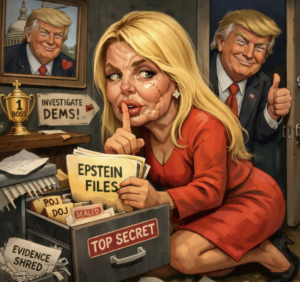


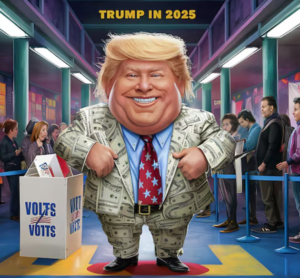



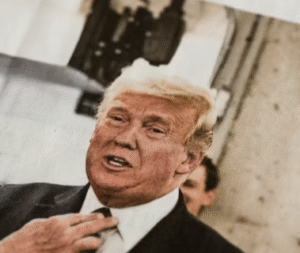
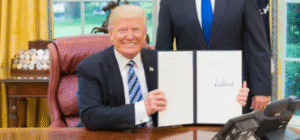
Comments are closed.